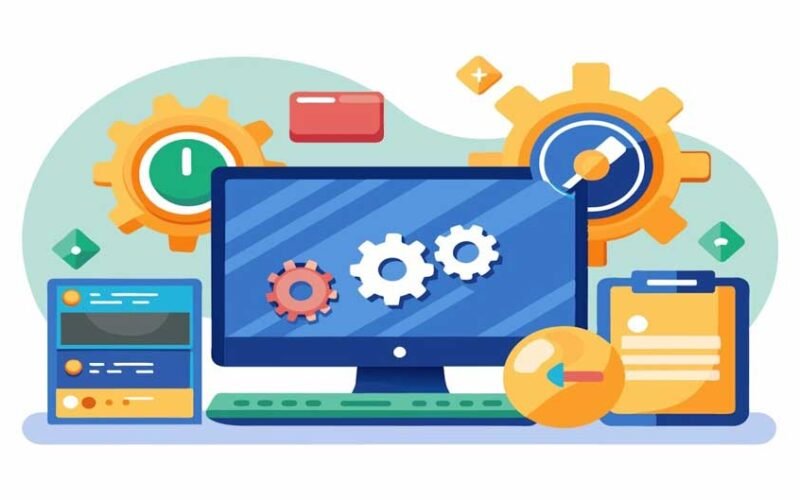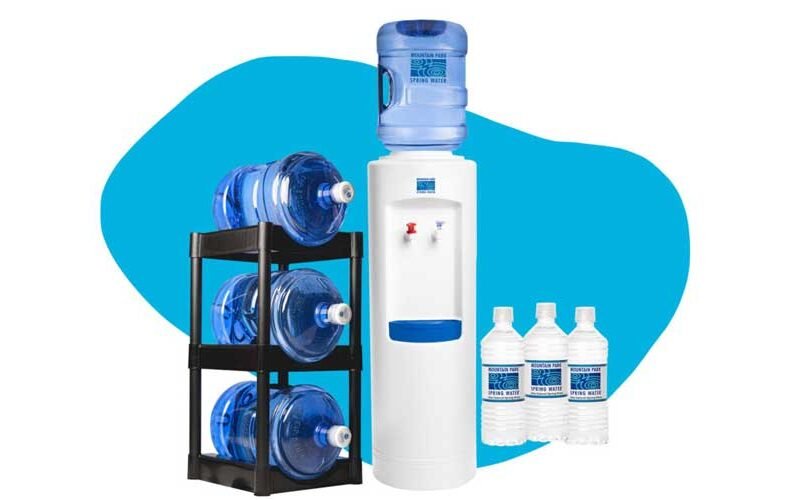The ever-evolving global landscape has made supply chain management a critical area for businesses striving for resilience and efficiency. Factors like disruptions, changing consumer demands, and sustainability concerns have underscored the need for robust supply chains. Emerging trends such as digital transformation, AI-driven analytics, blockchain for transparency, and eco-friendly practices are shaping the future of supply chains. These innovations help businesses optimize processes, mitigate risks, and adapt to challenges, ensuring long-term success. Staying informed and adopting these trends is key to future-proofing supply chains in an increasingly dynamic world.
Introduction to Supply Chain Management
Supply chain management involves overseeing the flow of goods, services, information, and finances from raw material sourcing to final product delivery. It ensures that every link in the chain, from suppliers to customers, operates efficiently and collaboratively. Effective supply chain management minimizes costs, improves customer satisfaction, and enhances profitability, making it indispensable in today’s interconnected global economy.
Enrolling in a supply chain management course equips professionals with the skills to handle complexities in logistics, procurement, and operations. These courses offer insights into modern strategies, such as leveraging data analytics, adopting sustainable practices, and managing global networks.
By understanding the concept and importance of supply chain management through structured learning, individuals can contribute to building resilient systems that adapt to challenges and embrace opportunities. A well-designed supply chain management course not only enhances professional expertise but also prepares businesses to thrive in an ever-changing market environment.
Key Trends in Supply Chain Management
Supply chain management is undergoing significant transformation as businesses adapt to new challenges and opportunities. Here are some key trends shaping the future:
1. Digital Transformation
Technologies like artificial intelligence (AI), machine learning (ML), and automation are optimizing supply chain operations. As a result, armed with advanced AI procurement software, companies improve demand forecasting, inventory management, and even the strategic sourcing of goods and services.
- Example: Amazon uses AI to streamline inventory management and predict demand, ensuring timely delivery and reduced waste.
2. Real-Time Data and IoT Integration
The Internet of Things (IoT) enables live tracking of goods, improving transparency and decision-making.
- Example: DHL employs IoT sensors to monitor shipment conditions, ensuring the safety of perishable goods.
3. Sustainability Initiatives
Eco-friendly practices are becoming a priority to reduce environmental impact and meet consumer demands.
- Example: IKEA has implemented sustainable sourcing and renewable energy in its supply chain to achieve its carbon-neutral goals.
4. Blockchain Technology
Blockchain ensures transparency and accountability by recording every transaction securely.
- Example: Walmart uses blockchain to trace food supply chains, improving safety and reducing recall times.
5. Resilience and Risk Management
Building flexible and resilient supply chains helps businesses mitigate risks from disruptions.
- Example: Toyota diversifies its supplier base to avoid dependency on a single source, ensuring continuity during crises.
These trends highlight the importance of innovation and adaptability in supply chain management. By adopting real-time tracking, AI-driven solutions, and sustainable practices, businesses can optimize operations, reduce risks, and align with global demands. Such advancements not only improve efficiency but also prepare organizations for a competitive and sustainable future.
Adaptations of Global Shift in Supply Chains
The global shift in supply chains has led to significant adaptations as businesses strive to stay competitive and resilient. One major change is the diversification of suppliers to mitigate risks from disruptions like geopolitical tensions or pandemics. Companies are opting for regional suppliers alongside global ones to maintain continuity.
Digital transformation has also accelerated, with businesses adopting AI, IoT, and blockchain technologies to enhance transparency, efficiency, and decision-making. For example, real-time tracking using IoT ensures better inventory management and timely deliveries.
Sustainability has become a core focus, with organizations incorporating eco-friendly practices such as reducing carbon footprints and using renewable energy. Circular supply chains, which emphasize recycling and reusing materials, are gaining traction.
Additionally, businesses are investing in resilience and agility, adopting strategies like nearshoring and reshoring to reduce dependency on distant suppliers and improve responsiveness. These adaptations reflect a paradigm shift in creating robust, future-proof supply chains.
How to Future-Proof Supply Chains?
Future-proofing supply chains involve building resilience, enhancing agility, and leveraging advanced technologies to adapt to changing market demands. Businesses can achieve this by adopting AI and machine learning to forecast demand accurately, enabling better inventory management and reducing wastage. Implementing IoT and blockchain ensures real-time tracking and transparency, improving operational efficiency and trust.
Sustainability is also key, with companies focusing on eco-friendly practices like reducing carbon emissions and adopting circular supply chain models. Diversifying suppliers and nearshoring strategies help mitigate risks from global disruptions, ensuring continuity.
Enrolling in an IIM supply chain management course equips professionals with cutting-edge knowledge and practical insights into these strategies. These courses provide expertise in modern tools and techniques, empowering individuals to drive innovation in supply chains. By understanding trends and mastering advanced practices, learners can lead businesses in creating resilient, efficient, and sustainable supply chains ready for future challenges.
Conclusion
Future-proofing supply chains is essential in a rapidly changing global landscape. By embracing key trends like digital transformation, AI-driven analytics, blockchain for transparency, and sustainable practices, businesses can enhance efficiency, resilience, and adaptability. Real-time data, IoT integration, and diversified supplier strategies further ensure operational continuity in the face of disruptions. As supply chains continue to evolve, investing in innovation and advanced strategies becomes critical to staying competitive. Organizations that adopt these forward-thinking approaches can secure their place in a dynamic market, driving growth while meeting global demands for efficiency, sustainability, and agility.










